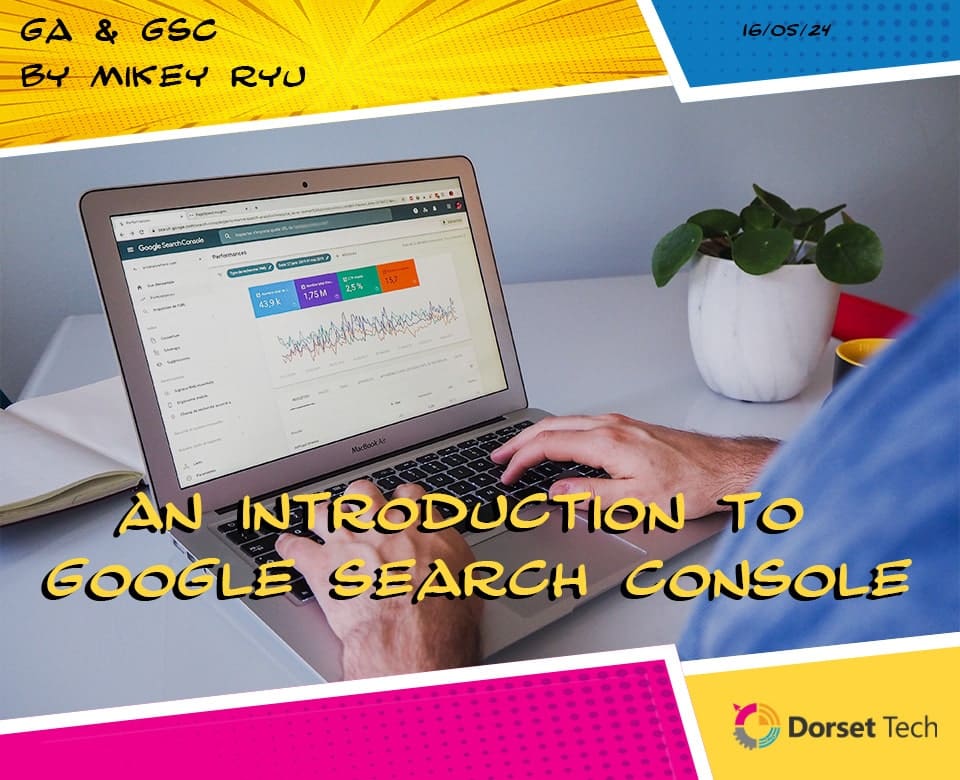
An Introduction to SEO Keywords
In the vast digital landscape, where billions of searches are conducted every day, businesses strive to ensure their online presence stands out amidst the competition. Enter search engine optimization (SEO), a strategic approach aimed at improving a website’s visibility in search engine results pages (SERPs) through various tactics and techniques. At the heart of SEO lies the concept of keywords—a fundamental element that forms the cornerstone of effective optimization strategies. In this blog post, we’ll provide an in-depth introduction to SEO keywords, exploring their significance, types, role in search intent, importance in content creation, and practical tips for leveraging them to enhance online visibility and drive organic traffic.
Understanding SEO Keywords:
SEO keywords, also known as search terms or search queries, are words or phrases that users enter into search engines when seeking information, products, services, or solutions to their queries. Keywords serve as the bridge between user intent and relevant content, enabling search engines to match user queries with the most appropriate web pages. By strategically incorporating these keywords into website content, businesses can increase the likelihood of their pages appearing prominently in search results and attract organic traffic from users actively seeking information related to their offerings.
The Significance of Keywords in SEO:
Keywords are of paramount importance in SEO for several reasons. Firstly, they help search engines understand the context and relevance of web pages, enabling them to deliver the most accurate and useful results to users. Secondly, keywords act as signposts for users, guiding them to content that addresses their specific needs, questions, or interests. Finally, keywords play a crucial role in establishing website authority and credibility, as search engines prioritize pages that demonstrate expertise on particular topics through keyword optimization.
Types of Keywords:
Keywords come in various types and formats, each serving a distinct purpose in SEO strategies:
Short-Tail Keywords:
Also known as broad keywords, short-tail keywords consist of one or two words and are characterized by high search volume and competition. Examples include “digital marketing” or “SEO.”
Long-Tail Keywords:
Long-tail keywords are more specific phrases consisting of three or more words. While they typically have lower search volume, they tend to be less competitive and have higher conversion potential. Examples include “best digital marketing agency in New York” or “SEO tips for small businesses.”
LSI Keywords (Latent Semantic Indexing):
LSI keywords are terms and phrases that are semantically related to the main keyword or topic. They help search engines understand the context of content and improve relevance. For example, for the keyword “digital marketing,” LSI keywords could include “social media marketing,” “content marketing,” or “search engine optimization.”
The Role of Keywords in Search Intent:
Understanding search intent—the underlying motivation behind a user’s search query—is essential for effective keyword optimization. Search intent typically falls into four categories:
Informational Intent:
Users seek information or answers to specific questions. Example query: “What is SEO?”
Navigational Intent:
Users looking for a specific website or webpage. Example query: “Facebook login.”
Transactional Intent:
Users intending to make a purchase or take a specific action. Example query: “Buy iPhone online.”
Commercial Investigation Intent:
Users researching products or services before making a decision. Example query: “Best digital marketing tools.”
By aligning keywords with the intent behind user searches, businesses can create content that satisfies user needs and delivers value, thus improving their chances of ranking higher in SERPs and attracting relevant traffic.
The Importance of Keyword Research:
Keyword research is the foundation of any successful SEO strategy. It involves identifying the terms and phrases users are searching for about a business’s products, services, or industry. Comprehensive keyword research enables businesses to:
- Identify high-value keywords with significant search volume and manageable competition.
- Uncover niche or long-tail keywords that present opportunities for optimization.
- Understand user behavior and preferences, as reflected in their search queries.
- Gain insights into competitors’ keyword strategies and identify areas for differentiation.
Practical Tips for Leveraging Keywords:
Effective keyword usage is key to maximizing the impact of SEO efforts. Here are some practical tips for leveraging keywords effectively:
Incorporate Keywords Naturally:
Ensure that keywords are integrated seamlessly and organically into website content, including headings, body text, meta tags, and URLs. Avoid keyword stuffing, as it can detract from the user experience and may incur penalties from search engines.
Prioritize Relevance and Value:
Focus on creating high-quality, valuable content that addresses user queries and provides useful information or solutions. The primary goal should be to satisfy user intent rather than solely optimising for search engines.
Optimise for User Experience:
Consider how users interact with search engines and aim to enhance their experience. This includes optimising website performance, mobile-friendliness, and site navigation to ensure a seamless browsing experience.
Monitor and Adapt:
Regularly monitor keyword performance metrics, including search volume, click-through rates, and rankings. Use this data to refine keyword strategies, identify new opportunities, and adapt to changes in user behaviour and search algorithms.
Conclusion:
In conclusion, SEO keywords are the foundation of effective search engine optimization strategies, serving as the linchpin between user intent and relevant content. By understanding the significance of keywords, conducting thorough keyword research, aligning with search intent, and leveraging practical optimization tips, businesses can enhance their online visibility, attract qualified traffic, and achieve sustainable growth in the digital landscape. So embrace the power of keywords in your SEO efforts and unlock the potential to reach and engage your target audience effectively.





















